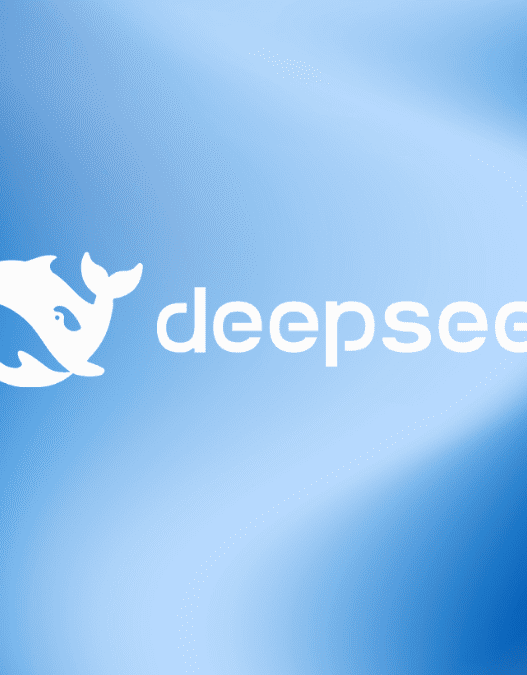The Dawn of AI-Powered Workplace Assistants
Powered by MasterCFA.com
What Happened?
Microsoft has announced plans to allow its customers to build autonomous artificial intelligence (AI) agents starting from November. These AI agents are designed to handle routine tasks with minimal human intervention, unlike traditional chatbots. The company is positioning these agents as “apps for an AI-driven world” capable of managing client queries, identifying sales leads, and overseeing inventory.
Key points from the announcement:
- Customers can use Copilot Studio, a low-code application, to create AI agents.
- Microsoft is introducing 10 ready-to-use agents for various tasks.
- The company is leveraging AI models developed in-house and by OpenAI.
- McKinsey & Co demonstrated an agent that can manage client inquiries and schedule follow-up meetings.
Why Does This Matter?
Impact on the Economy
The introduction of autonomous AI agents has the potential to significantly impact the global economy:
- Increased productivity: Businesses can automate routine tasks, allowing employees to focus on higher-value work.
- Job market shifts: While some jobs may be automated, new roles in AI management and oversight may emerge.
- Economic growth: Improved efficiency could lead to increased output and economic expansion.
Personal and Business Effects
For individuals and businesses, the implications are far-reaching:
- Workplace transformation: Employees may need to adapt to working alongside AI agents.
- Skill development: There will be a growing demand for skills in AI management and interpretation.
- Customer service improvements: Businesses can offer 24/7 support and faster response times.
- Cost savings: Automation of routine tasks can lead to reduced operational costs.
Theoretical Concepts in Action
Economic Theories at Play
- Creative Destruction: This Schumpeterian concept is evident as AI agents disrupt traditional work processes, potentially eliminating some jobs while creating new opportunities.
- Productivity Growth Theory: The introduction of AI agents aligns with the idea that technological advancements drive long-term economic growth by increasing productivity.
- Human Capital Theory: As AI takes over routine tasks, the importance of human capital – specifically, skills that complement AI – becomes more crucial.

Real-World Application
Historically, we’ve seen similar technological shifts:
- Industrial Revolution: The introduction of machinery led to job displacement but ultimately created new industries and increased overall productivity.
- Computer Revolution: The widespread adoption of computers in the workplace initially caused concerns about job losses but led to new job categories and increased efficiency.
In the case of AI agents, we might see:
- Customer service representatives transitioning to AI supervisors or escalation specialists.
- Inventory managers becoming AI system optimizers.
- Sales teams focusing more on relationship-building while AI handles lead generation.
What Could Happen Next?
- Rapid adoption: As businesses see the benefits, there could be a swift uptake of AI agents across various industries.
- Regulatory challenges: Governments may introduce new regulations to address privacy concerns and ensure ethical use of AI.
- Education system shifts: Universities and professional training programs may adapt curricula to include AI management skills.
- Economic restructuring: Some industries may see significant changes in their workforce composition and operational models.
Why You Should Pay Attention
Understanding the implications of AI agents is crucial for several reasons:
- Career planning: Knowing which skills will be in demand can help you make informed decisions about your career path.
- Investment opportunities: Companies at the forefront of AI agent technology may present attractive investment prospects.
- Business strategy: For entrepreneurs and managers, understanding how to integrate AI agents into business processes could provide a competitive edge.
- Economic forecasting: The ability to anticipate economic shifts due to AI adoption can inform better financial and investment decisions.
- Ethical considerations: Being aware of the ethical implications of AI in the workplace can help you navigate complex decisions in your professional life.
Questions to Ponder
- How might the widespread adoption of AI agents affect income inequality?
- What new job roles or industries might emerge as a result of this technology?
- How can businesses balance the efficiency gains of AI agents with the need for human touch in customer interactions?
- What ethical considerations should be taken into account when deploying AI agents in the workplace?
- How might the adoption of AI agents impact economic growth and productivity on a macroeconomic scale?
Keep Learning with MasterCFA: Staying informed about AI advancements and their economic impacts is essential for any budding analyst. Dive deeper into these topics to enhance your understanding and prepare for the CFA Exam. Explore more insightful articles and resources with MasterCFA to stay ahead in your finance career.















